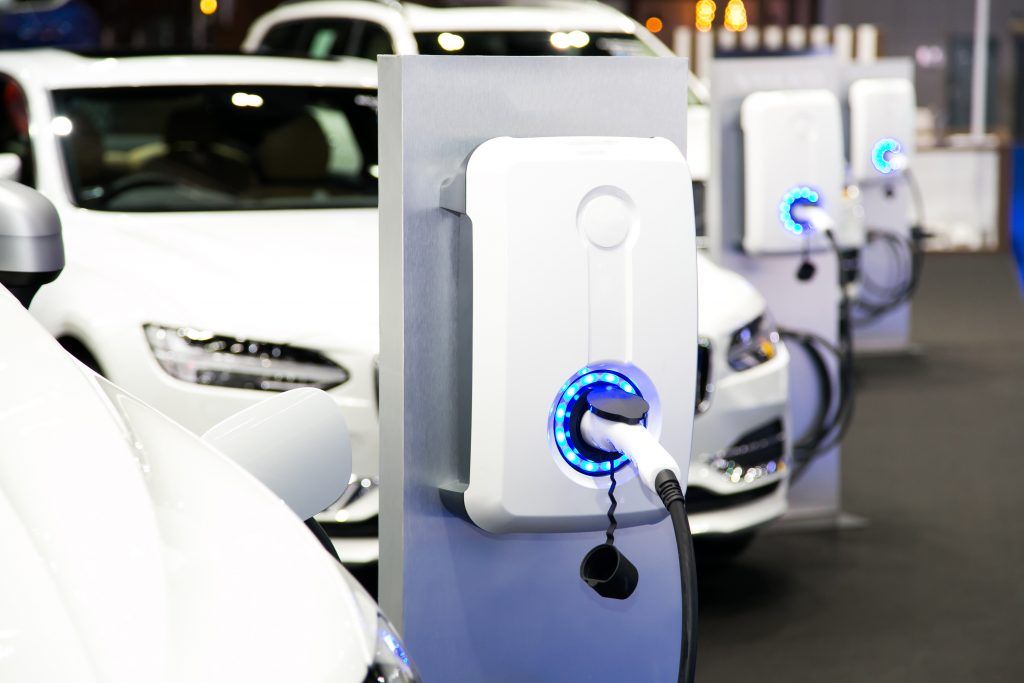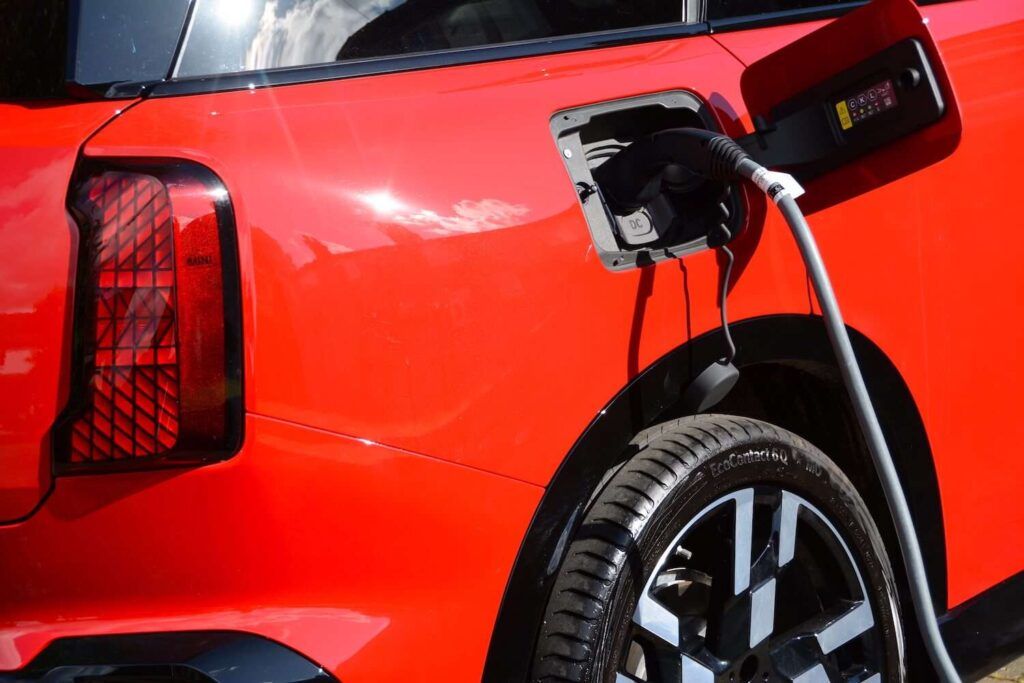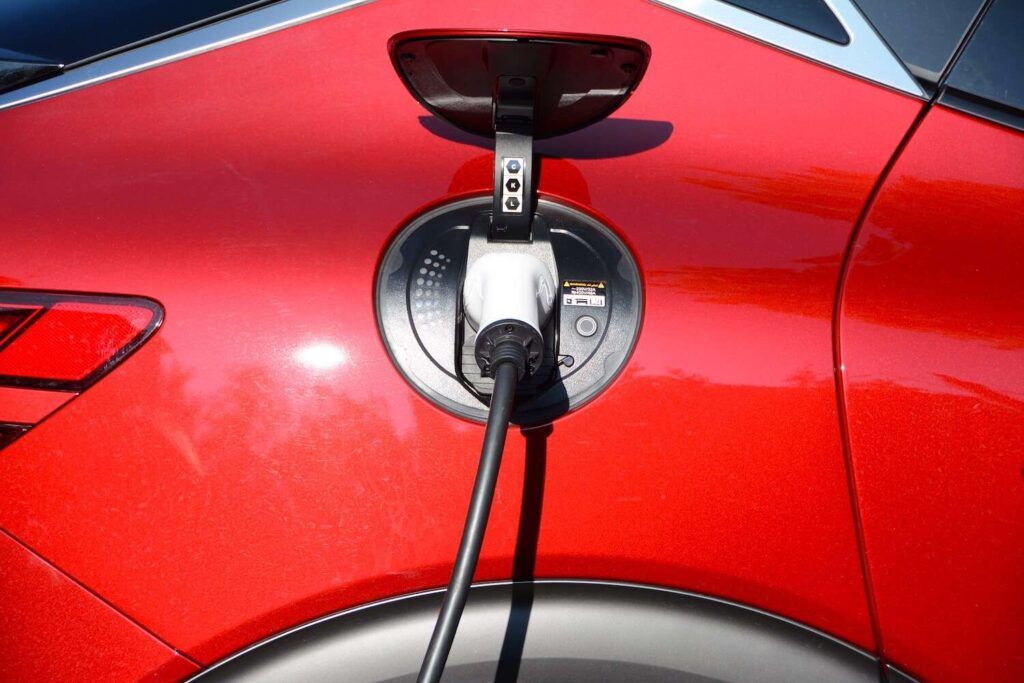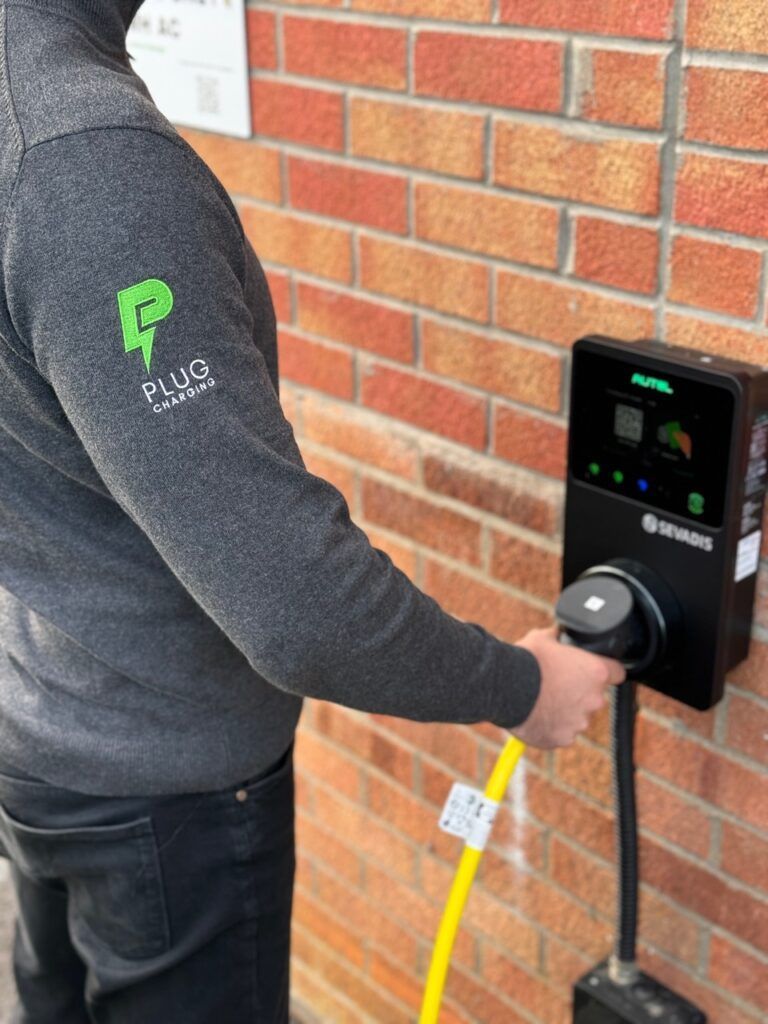The government is on track to meet a 2027 target for its entire fleet be fully zero emission – having switched over a quarter of vehicles to date.
As set out in the Department for Environment, Food and Rural Affairs’ Greening government commitments in 2021 to 2025, the government was required to transition a minimum of a quarter of its car fleet to ultra-low emission vehicles by the end of 2022. As of the latest data from September, 25.5% of all central government cars were ultra-low emission vehicles, reaching the target 3 months ahead of schedule.
Technology and Decarbonisation Minister Jesse Norman said: ”As the UK moves towards a cleaner transport network, the government is doing its part, with over 25% of its central car fleet being battery-powered 3 months earlier than planned.
”It’s critical that progress in decarbonising fleets is matched elsewhere. We will continue to forge ahead, to complete the switch by 2027 and help make the UK a world leader in decarbonisation.”
The target is just a first milestone as government looks to decarbonise the entirety of its central car and van fleet to zero emission vehicles by 2027 – faster than the wider phase-out date, which sees the sales of new petrol and diesel cars banned by 2030.
Across the wider market, the UK continues to lead the way in transitioning to battery-powered cars, as 1 in 5 cars sold in 2022 had a plug. According to the latest industry statistics from the Society of Motor Manufacturers and Traders, sales of EVs overtook those of diesel in 2022 for the first time.
With a burgeoning EV sector, the government has also made great strides in boosting the charging network. The £10 million Local electric vehicle infrastructure (LEVI) pilot, part of the wider LEVI fund, is expected to deliver 1,000 local charge points across England, with nine local authorities receiving funding. Winning projects are supported by an additional £9 million in private funding.
Image courtesy of Shutterstock.












